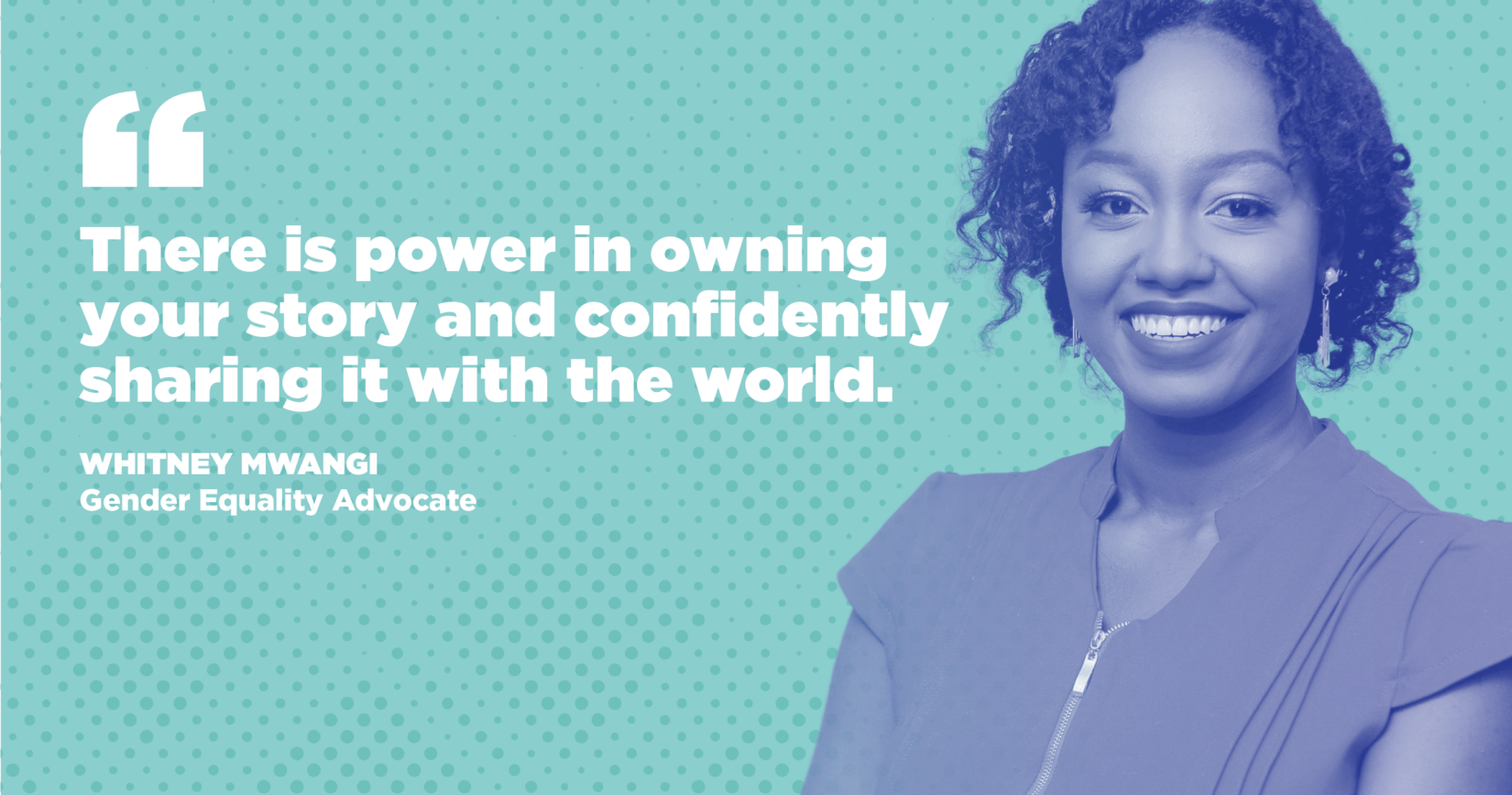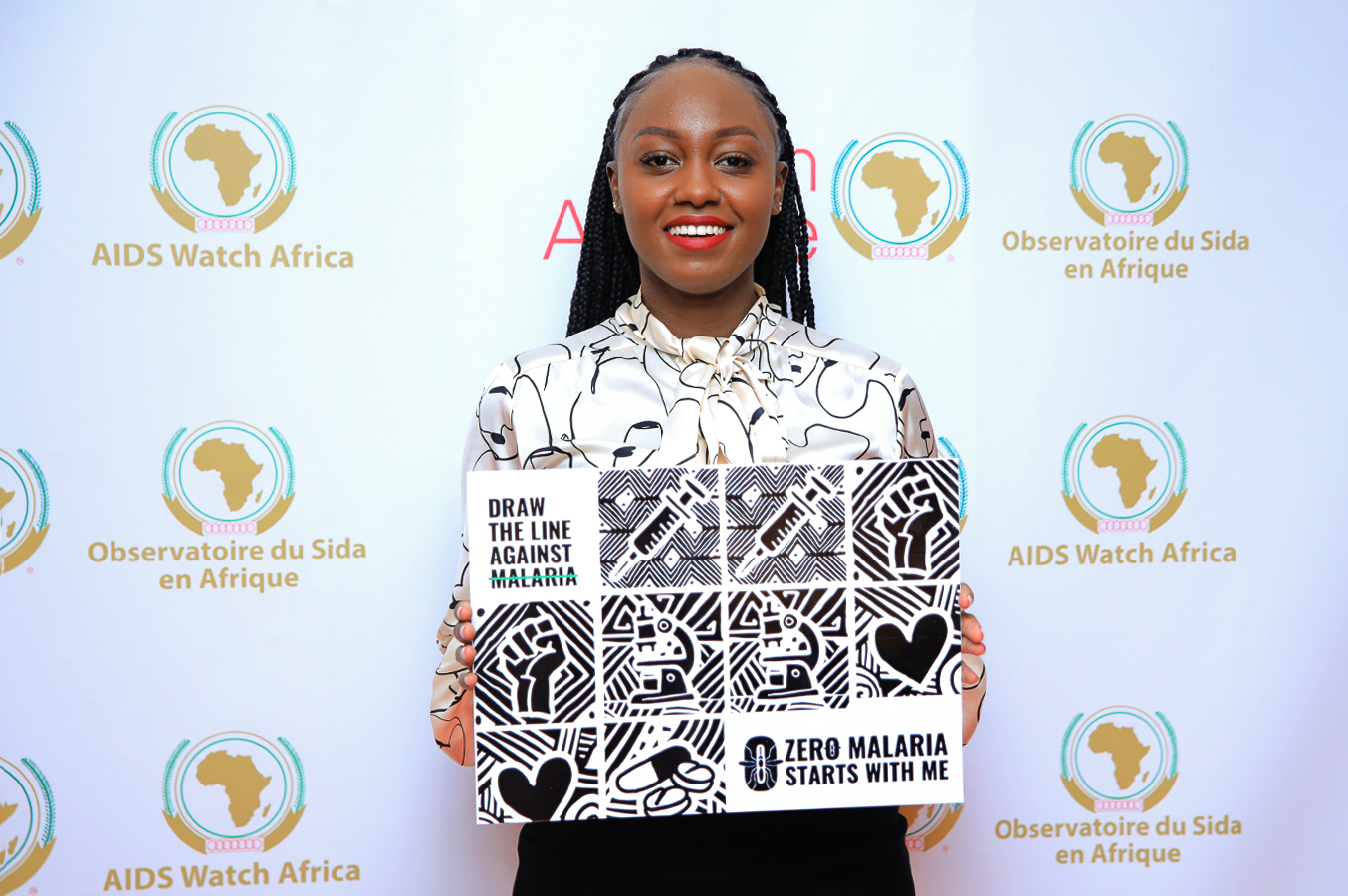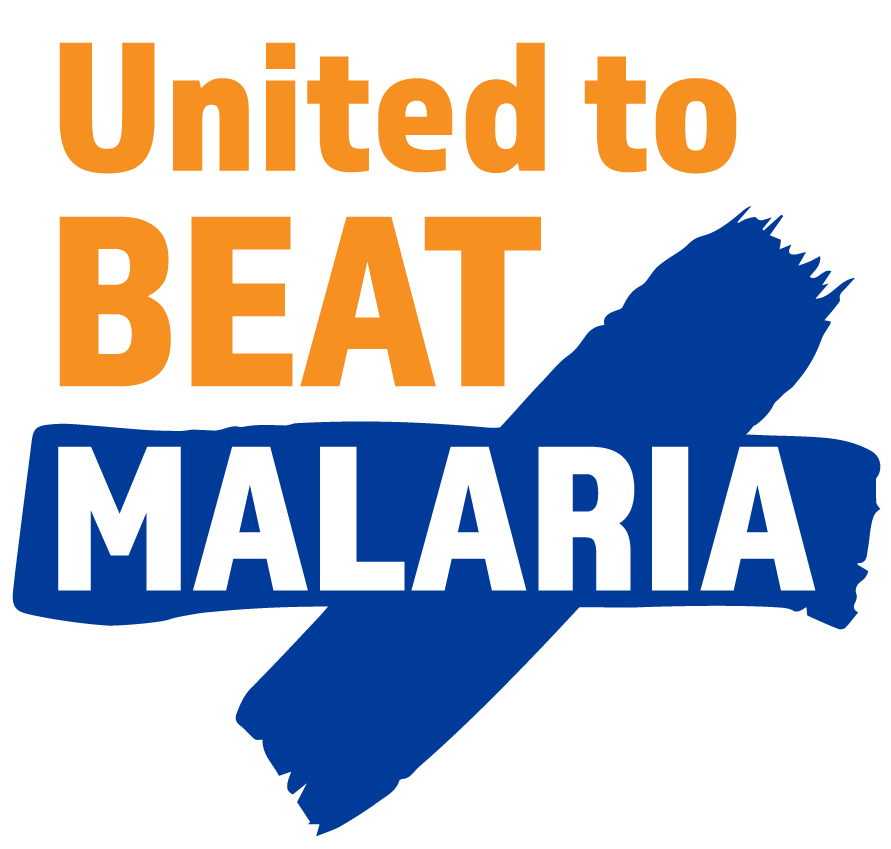If Whitney’s story inspired you, join the movement for gender equality—and share your commitment to making girls and women #EqualEverywhere.

Whether advocating for youth involvement in the fight against AIDS, tuberculosis, malaria, and other diseases or encouraging girls to express themselves through writing, or working to improve access to health care, Whitney Mwangi is leading by example.
We asked Whitney how she advocates for girls and women in Ethiopia, where she lives, and how her own experiences with gender discrimination sparked a desire to mentor girls and young women across Africa so they, too, can reclaim their rights and own their story.
How do you advocate for gender equality? What motivates you to do this work?
Stories shape how we understand the world, our place in it, and our ability to change it. Given that we are all products of our backgrounds, perceptions, and experiences — which inform how we interpret the world around us — we all have unique stories to share. There is power in owning your story and confidently sharing it with the world.
That was my motivation for founding the Story Book, a creative enterprise with a social purpose: to educate, entertain, and influence African youths to make informed decisions about their overall mental, physical, professional, social, and academic well-being. By providing a platform for young people in Africa to share their stories of resilience, the lessons they’ve learned, and the accomplishments they’ve earned, the Story Book gives girls and young women an opportunity to find their voice, the confidence to share their story, and a chance to learn from others.

While the power of the written word has always inspired me, I’m equally as passionate about fighting for the right to good health and well-being — Sustainable Development Goal (SDG) 3 — for everyone living in Africa, and especially for young people. I work with the African Union Commission, which is the Secretariat of the African Union (AU), as a health policy and advocacy specialist focused on ending infectious diseases across Africa, especially the three deadliest diseases: AIDS, TB, and malaria.
I am especially passionate about getting more young people in Africa involved in the fight against malaria; in fact, I serve as the East Africa co-lead on the African Leaders Malaria Alliance Youth Advisory Council. African youths have a huge stake in the fight against malaria. They represent over 75% of all malaria-related deaths worldwide. The disease also keeps kids out of school: Half of all preventable absences among African schoolchildren are attributable to malaria.
“Advocating for the preservation and prosperity of current and future generations — including their right to good health and well-being — is what drives me.”
-Whitney Mwangi
One of the reasons I’m drawn to malaria elimination advocacy is that we are not only saving lives, but we are also protecting those of future generations. High-risk populations — children, expectant mothers, and young people — also represent the backbone and future of our generation, and those that will follow. Advocating for the preservation and prosperity of current and future generations — including their right to good health and well-being — is what drives me. It’s why I work with global campaigns like United to Beat Malaria to ensure that the voices of young African girls and women are fully accounted for and represented in the global fight to end malaria for good.
How has your personal experience with gender discrimination shaped your advocacy for girls and women?
My personal journey has motivated me to extend my hand to younger women because I know that inner boldness and strength are attainable for young African girls and women, but I also know that it can be hard to find that within yourself. I often see women sidelined, especially young women who have yet to discover who they can be — and who they deserve to be.
I remember leading a project and when the funding partners arrived for a meeting, my supervisor asked my male colleague to present on my project. I was perplexed and dismayed, yet too afraid to question the supervisor’s decision because I didn’t want to seem abrasive or rebellious. This is one example of many. Looking back, I see how this act of passivity — and the ones that followed — trained me to be a silent participant in my own life.
Now, I take every chance to offer mentorship and encouragement, or to share my story with fellow women so they, too, can believe in themselves and know they deserve to fully claim and enjoy their rights.
What gives you hope that change is possible?
When I meet or interview powerful women who have been able to break through gender bias and are speaking boldly about their journey — including their stories of struggle, despair, and the support they received — to encourage younger women to continue standing up for themselves, I am hopeful. It is in these little steps that significant changes emanate. Confidence needs permission, and they are giving it.
What does #EqualEverywhere mean to you?
It means that a woman does not have to second-guess a life where she gets to be a healthy and emotionally present mother, daughter, friend, and leader. A life where she does not have to choose between any of those identities because our societies and systems allow her to have a harmonious balance.
 BACK TO STORIES
BACK TO STORIES